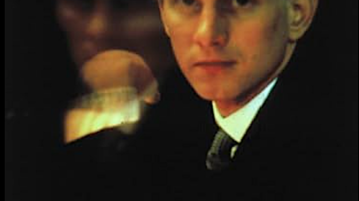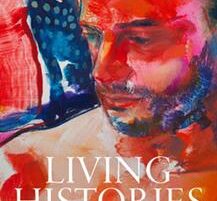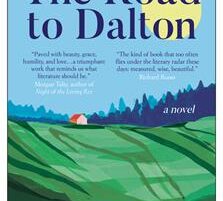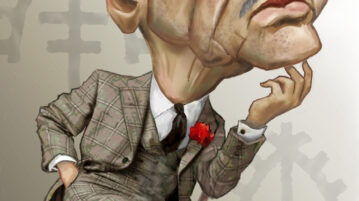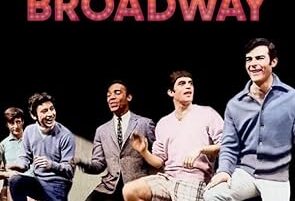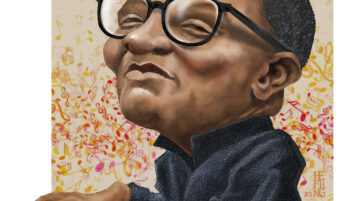
Another Brother Who Made It Happen
Since Strayhorn’s death, a handful of writers have worked to rescue him from Duke Ellington’s shadow. David Hajdu’s 1997 biography Lush Life and Walter van de Leur’s Something to Live For: The Music of Billy Strayhorn have solidified Strayhorn’s position as a major force in American jazz. To those titles we can add Lisa Barg’s new Queer Arrangements: Billy Strayhorn and Midcentury Jazz Collaboration, a scholarly examination of Strayhorn’s work and life as a queer Black artist working in a time of overt racism and homophobia.
More

